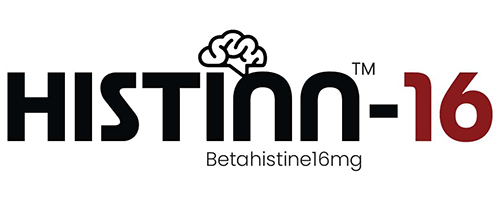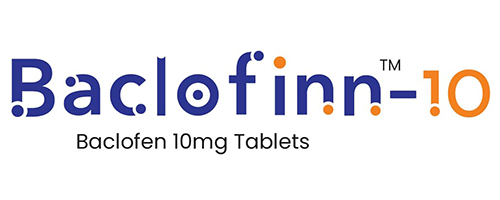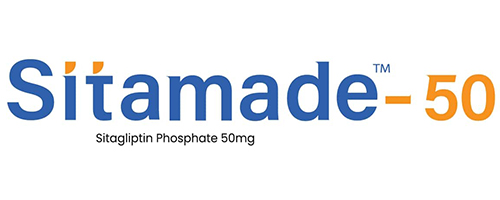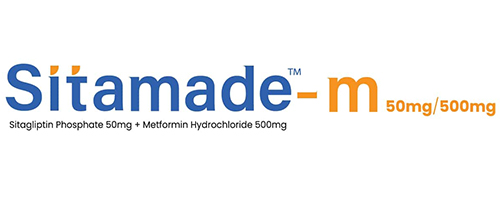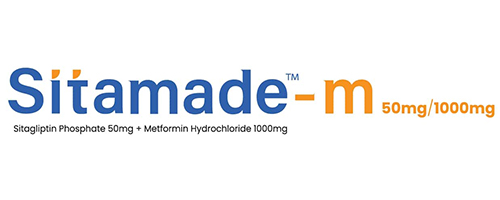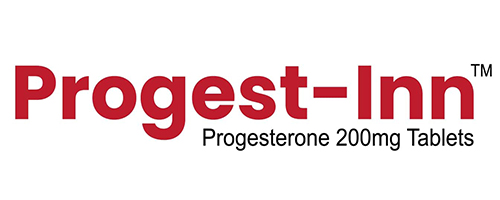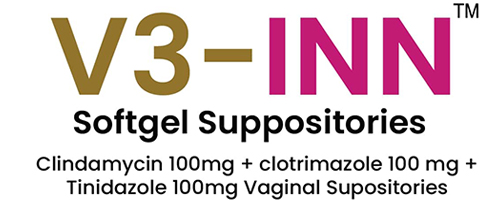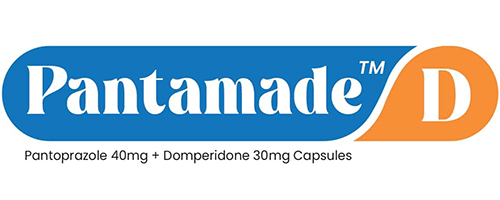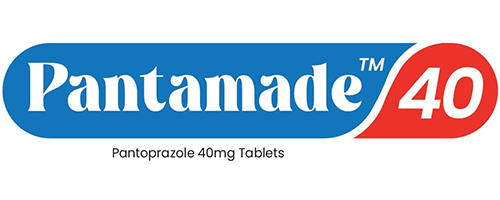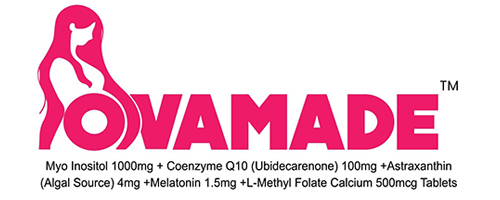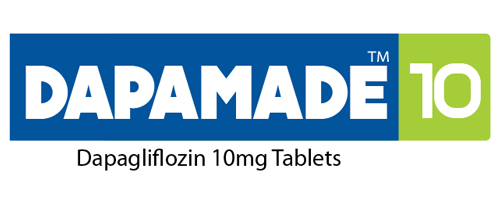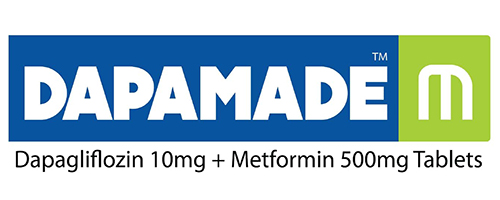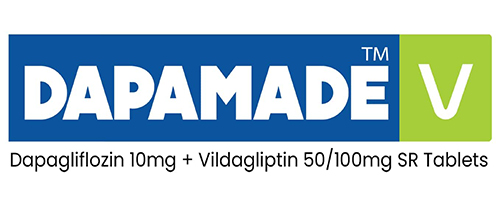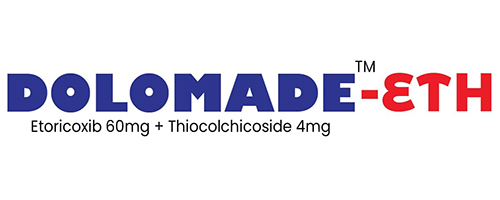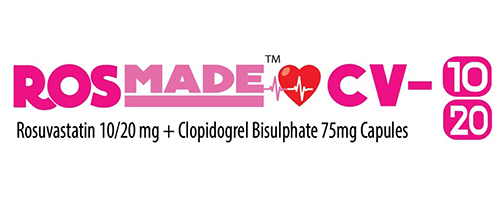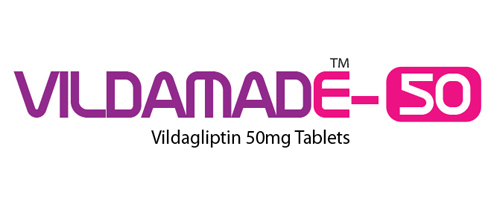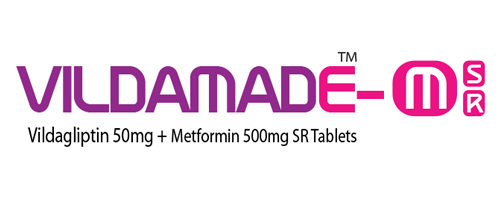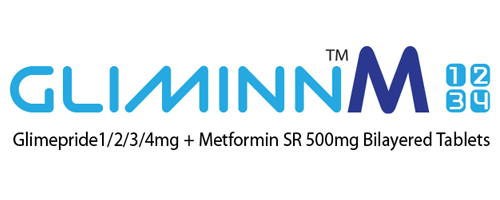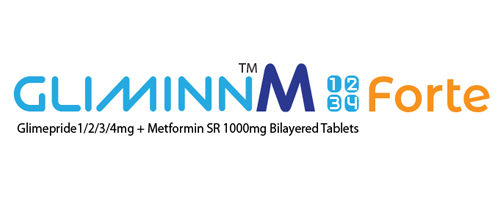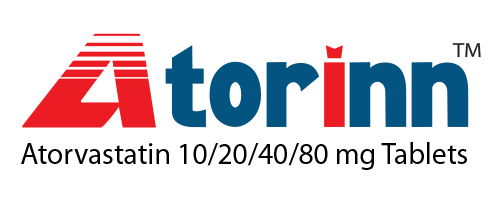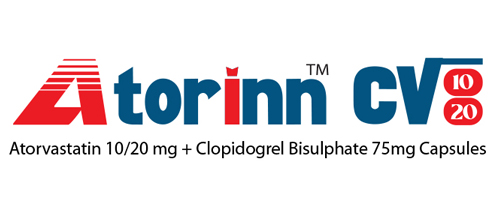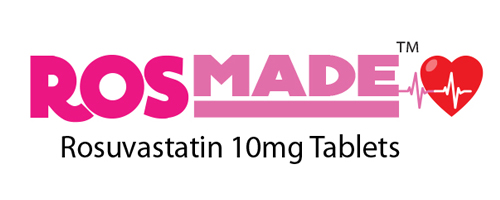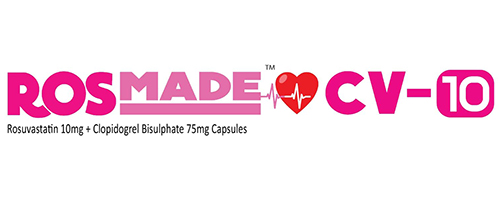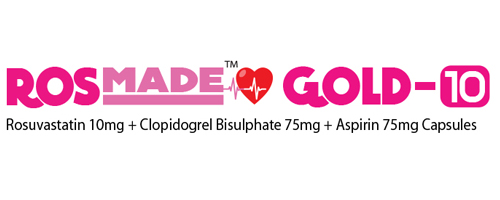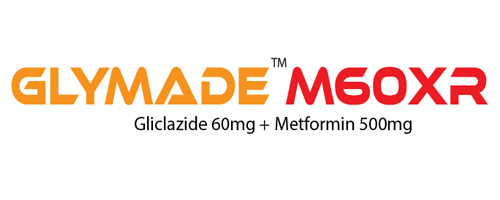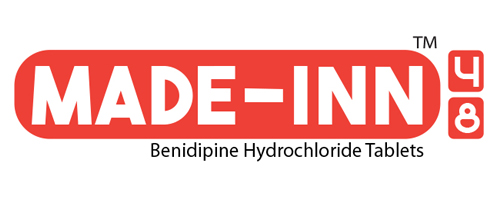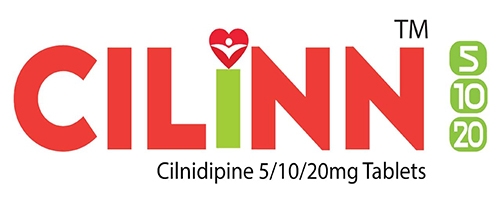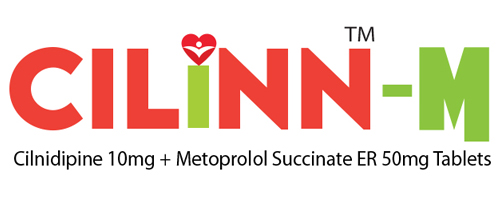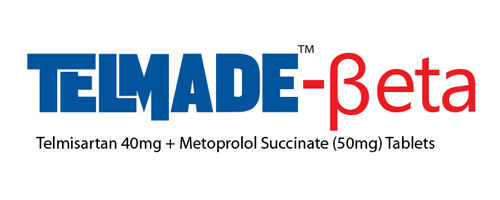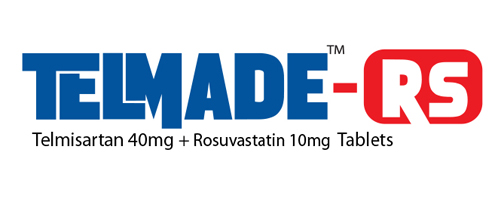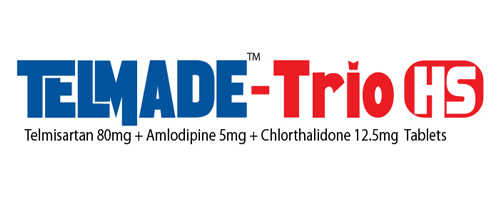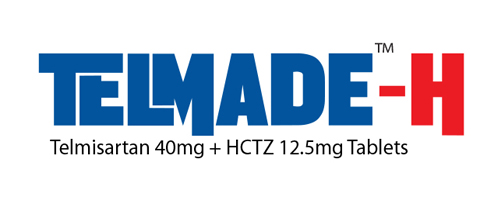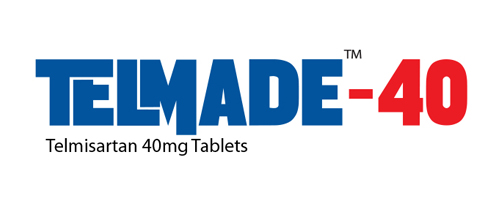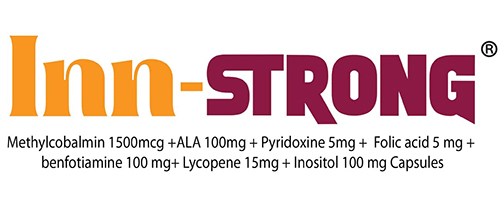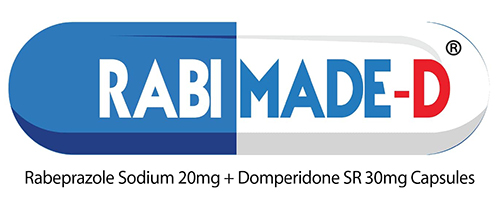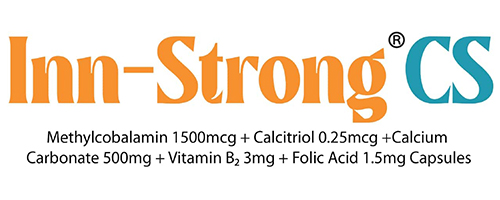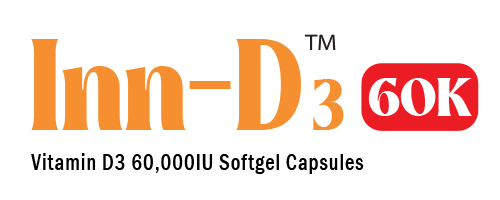
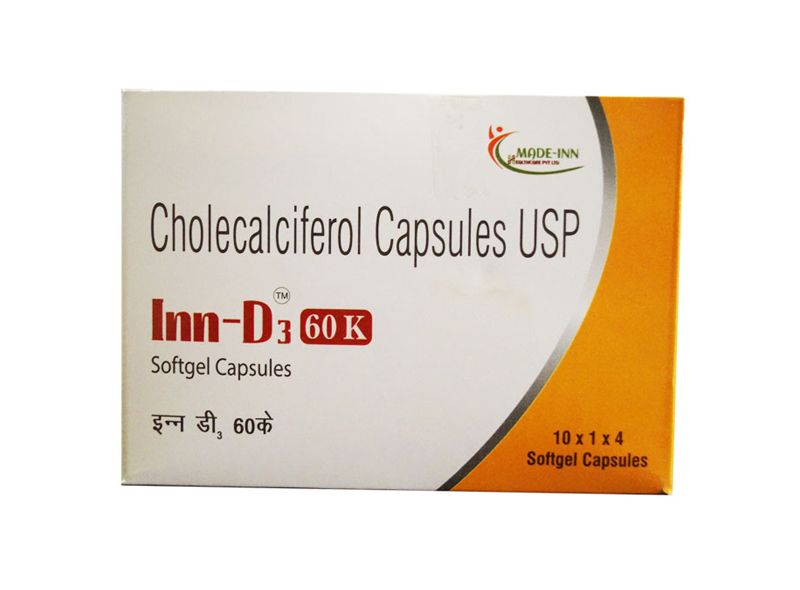
| Composition | Vitamin D3 60,000 IU Soft gel capsules |
| Indication | DEFICEINCY OF VITAMIN D3 |
| Mechanism of Action | Vit D : may have anti-osteoporotic, immunomodulatory, anticarcinogenic, antipsoriatic, antioxidant & mood-modulatory activities. Along with parathyroid hormone & calcitonin, regulate serum calcium conc. |
| Pharmacokinetic's | Onset: Slow. Duration: Relatively prolonged duration of action. Absorption: Well absorbed from the GI tract. Presence of bile is essential for adequate intestinal absorption. Hence absorption may be decreased in patients with decreased fat absorption. Distribution: Bound to a specific α-globulin. Can be stored in adipose & muscle tissue for long periods of time. Slowly released from storage sites & skin where it is formed in the presence of sunlight or uv light. May distribute into breast milk. Metabolism: Hydroxylated in the liver by the enzyme vitamin D 25-hydroxylase to form 25-hydroxycholecalciferol (calcifediol). Further hydroxylated in the kidneys by the enzyme vitamin D1-hydroxylase to form the active metabolites 1,25-dihydroxycholecalciferol (calcitriol). Further metabolism also occurs in the kidneys, including the formation of the 1,24,25-trihydroxy derivatives. Excretion: Mainly in the bile & faeces with only small amounts appearing in urine. |
| Side effects | Hyperphosphataemia or hypercalcaemia (in excessive intake). Associated effects of hypercalcaemia include hypercalciuria, ectopic calcification, & renal & CV damage. |
| Drug drug interaction | Increased risk of hypercalcaemia if given with thiazide diuretics, calcium or phosphate. Antiepileptics (e.g. carbamazepine, phenobarbitone, phenytoin &primidone) may increase vitamin D requirements. Rifampicin & isoniazid may reduce efficacy of vitamin D. Corticosteroids may counteract the effect of vitamin D. Digoxin or any cardiac glycoside. Reduced absorption when taken with cholestyramine, colestipol, mineral oil, orlistat. Ketoconazole. |
| Precaution | Vitamin D : Excessive intake may lead to development of hyperphosphataemia or hypercalcaemia. Infants, renal impairment or calculi, heart disease. Monitor plasma phosphate & calcium level. Pregnancy, lactation. |
| Dosage | Nutritional deficiency Adult: 10 mcg (400 units) daily. |
Featured Products

 No. 13-2-94, Sai Nagar, Chaitanyapuri, Hyderabad, R.R. Dist. Telangana - 500060.
No. 13-2-94, Sai Nagar, Chaitanyapuri, Hyderabad, R.R. Dist. Telangana - 500060.
 +91-8886956788
+91-8886956788
 enquiry@madeinnhealthcare.com
enquiry@madeinnhealthcare.com

